6 Different Types of Products in Magento 2 Explained In-depth

Magento 2 is a most popular e-commerce platform that supports a variety of products to cater to different business needs. Let's drive an in-depth explanation of the six most common types:
- Simple Product:

Simple products are standalone items with a single SKU (stock-keeping unit). They represent essential, indivisible items with no variations.
- Use Cases: Ideal for physical products with minimal variations (e.g., t-shirts, books).
- Benefits: Easy to set up and manage.
- Limitations: This product is unsuitable for items with size, colour, or material variations.
2. Configurable Product:
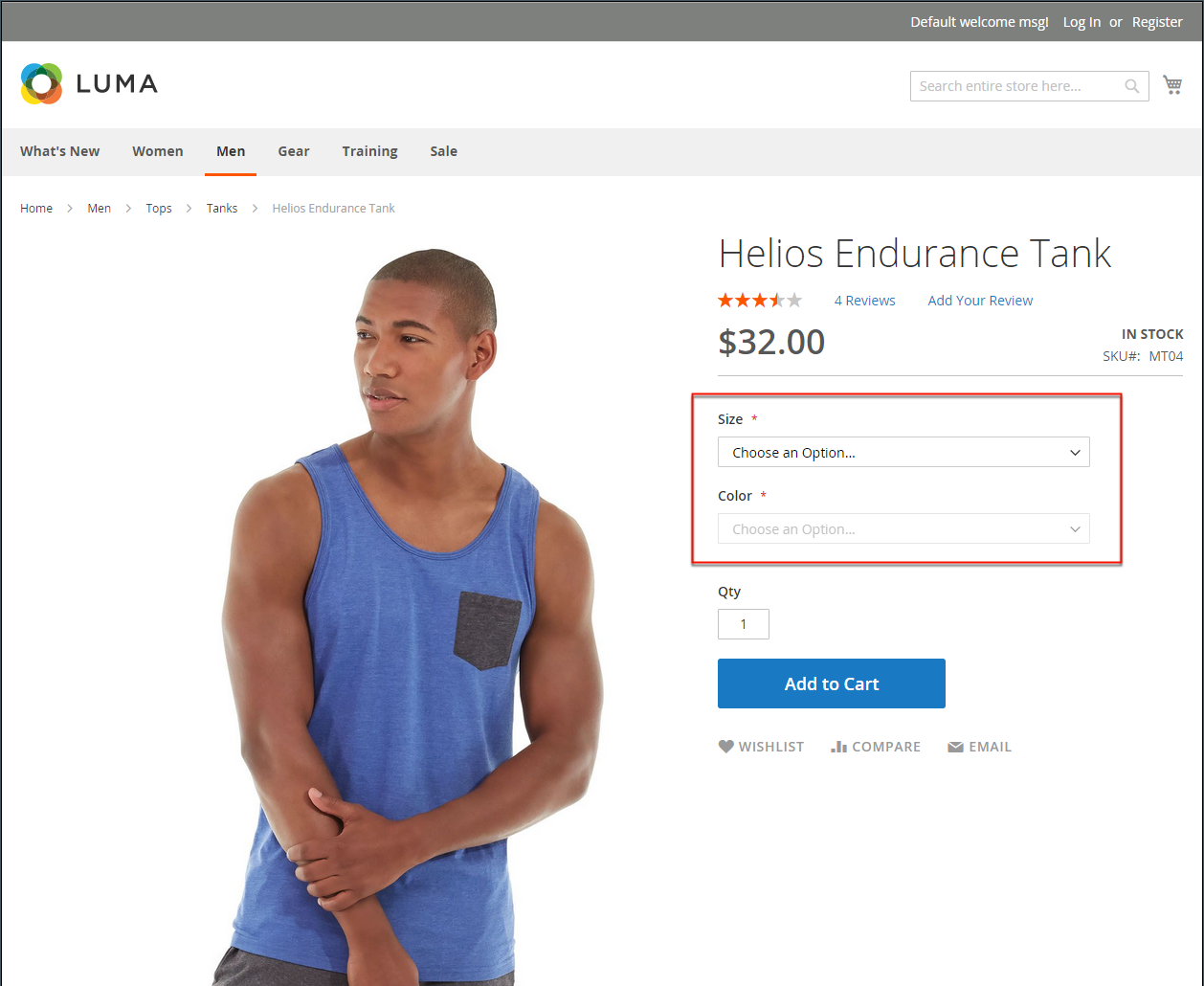
Configurable products are used for items with variations, such as size, colour, or material. Each variation is considered a simple product linked to the configurable product.
- Use Cases: Perfect for products with multiple configurable options, allowing customers to customize their purchases.
- Benefits: Offers flexibility for complex products without creating separate listings for each variation.
- Limitations: Requires managing variations and their inventory levels.
3. Grouped Product:
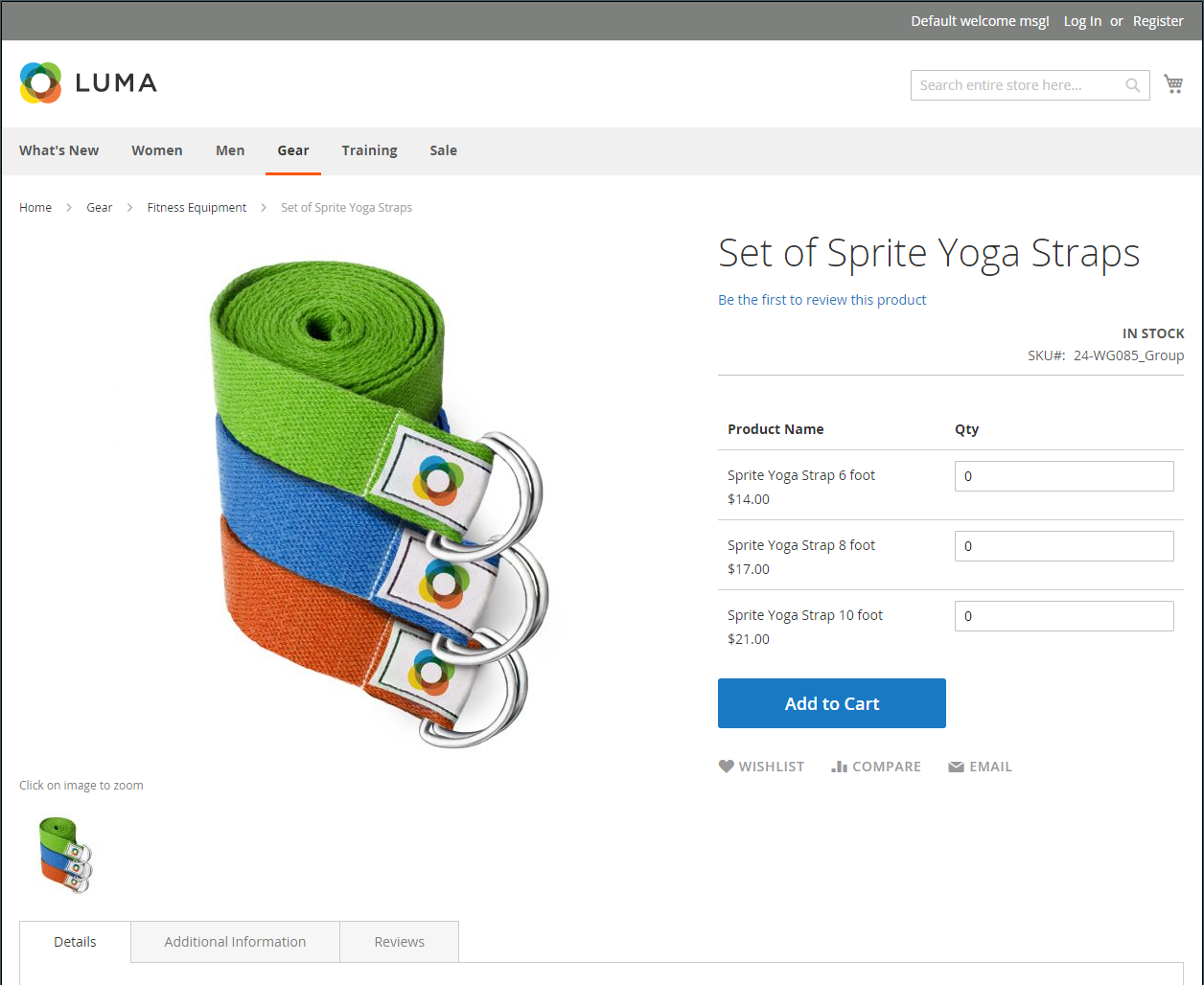
Grouped products allow you to showcase multiple standalone products as a group. Customers can purchase each item individually or buy the entire group at a discounted rate.
- Use Cases: Useful for showcasing product bundles, gift baskets, or related items that typically sell together.
- Benefits: Provides a convenient way to offer pre-configured bundles and upsell related products.
- Limitations: Customers cannot purchase individual items in the group.
4. Bundled Product:
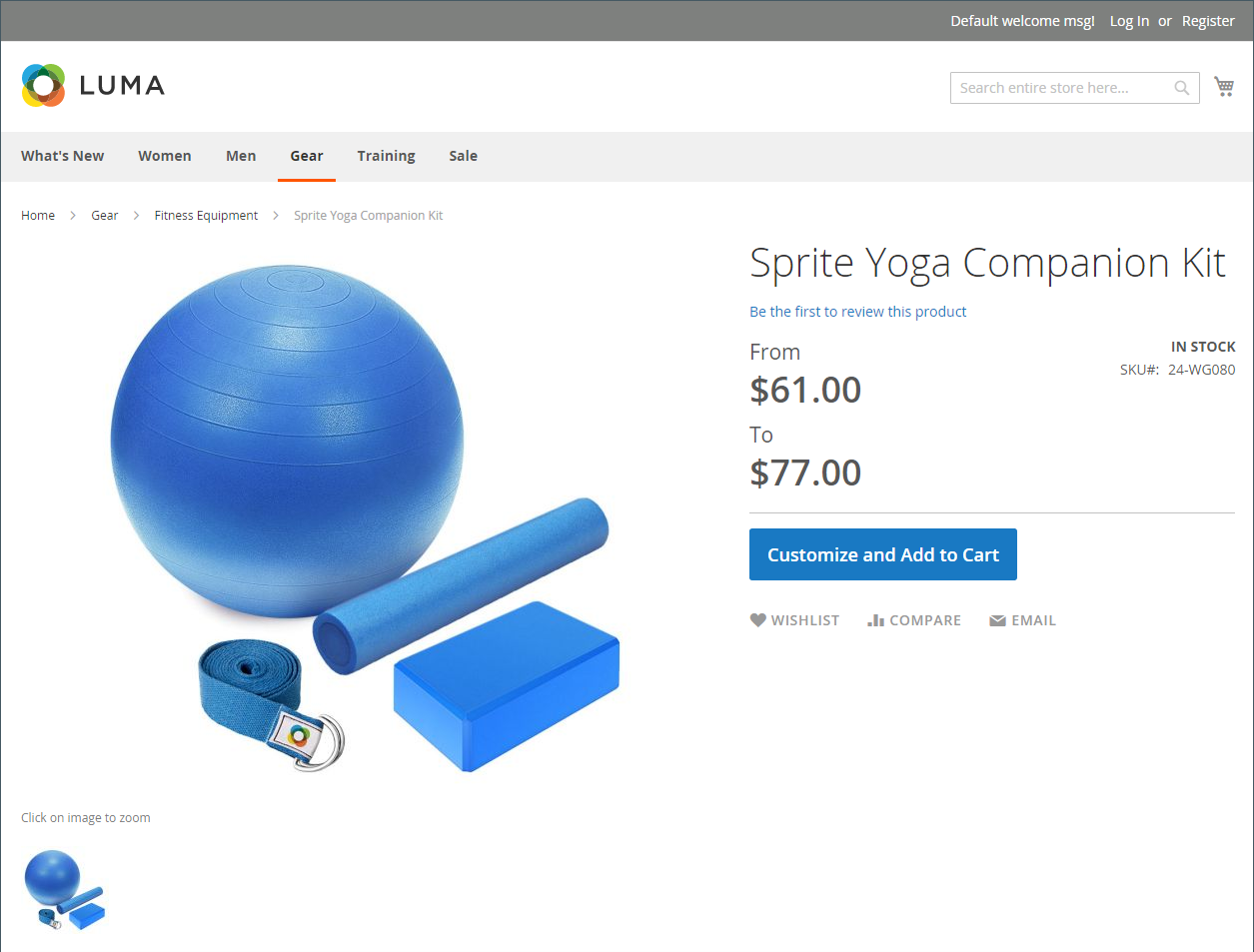
Bundle products enable customers to create customized product bundles by selecting individual items and configuring their options. Each item within the bundle can have its own SKU and price.
- Use Cases: Ideal for offering discounted bundles (e.g., buy two shirts, get one free), product kits, or subscriptions.
- Benefits: Encourages purchasing multiple items at once and offers flexibility for bundle customization.
- Limitations: Requires managing individual components of the bundle and their inventory levels.
5. Virtual Product:
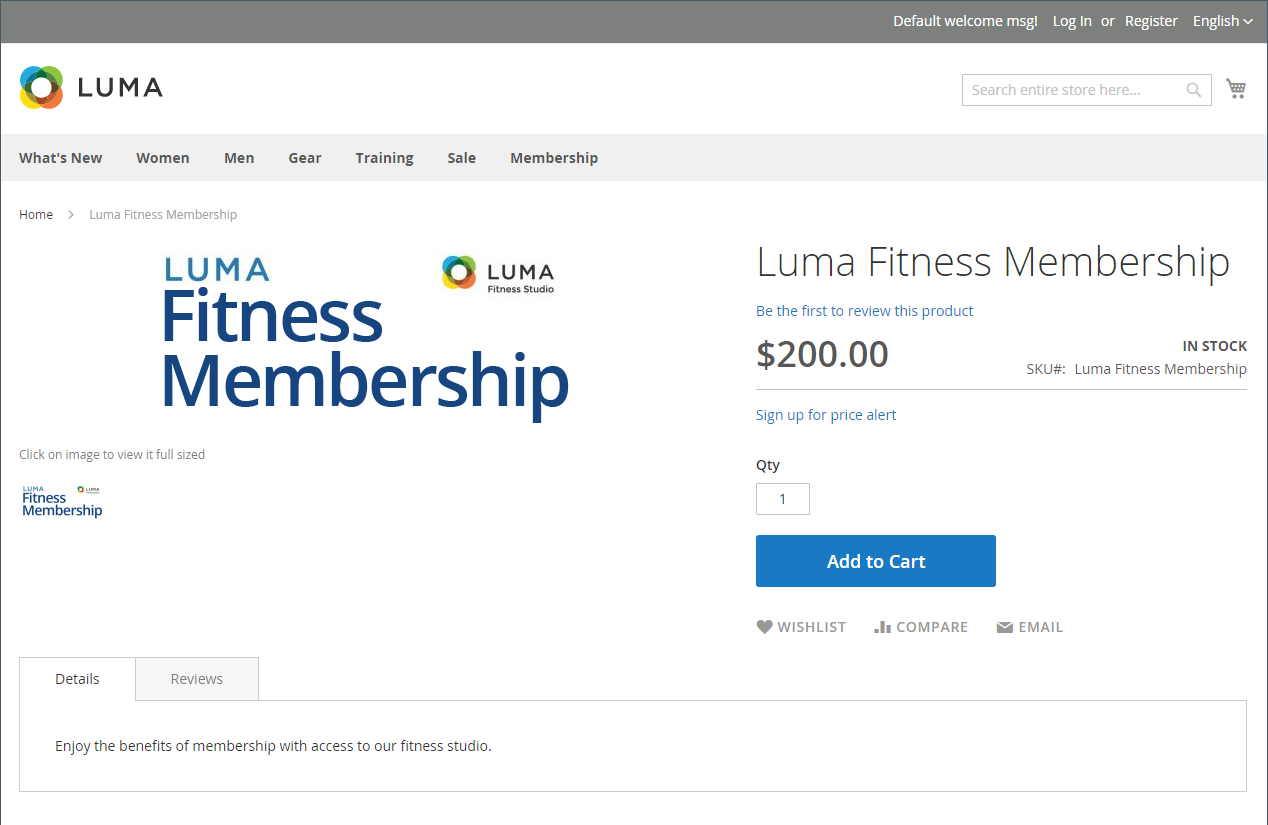
Virtual products represent non-tangible items or services that don't require physical shipment. Examples include e-books, software licenses, or online courses.
- Use Cases: Ideal for selli1. Simple Product: ng services, online consultations, or experiences.
- Benefits: Simple to manage and doesn't require inventory tracking.
- Limitations: Requires clear communication of service details and potential fulfilment complexities.
6. Downloadable Product:
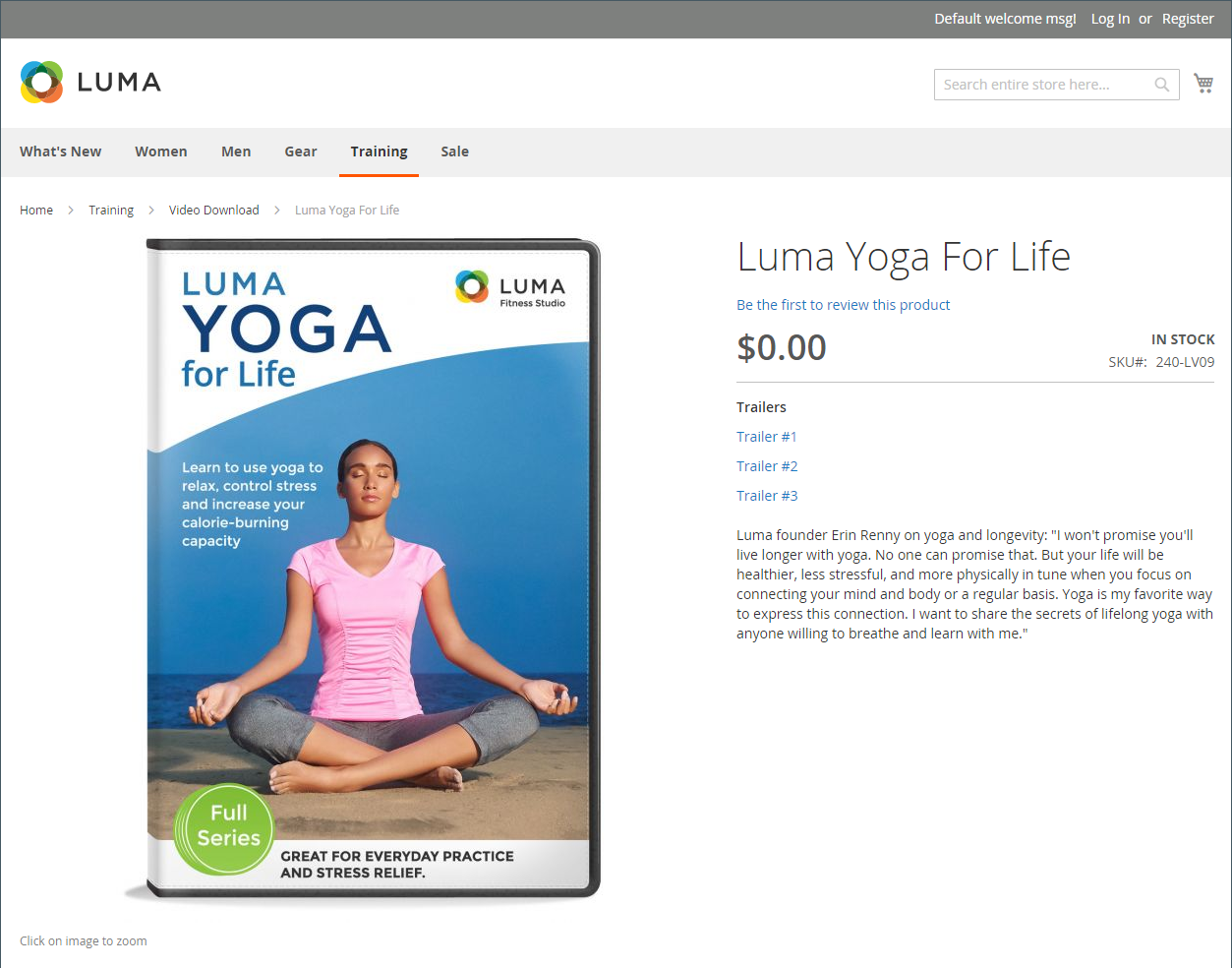
Unlike virtual products, downloadable products are digital goods that customers can download after purchase. This type is specifically designed for products like music files, software, or PDF documents.
- Use Cases: Perfect for selling digital goods, online courses, or downloadable resources.
- Benefits: Easy to manage and deliver without physical inventory.
- Limitations: Requires secure file delivery mechanisms and potential copyright protection considerations.
How to Choose the Right Product Type:
The best product type for your Magento 2 store depends on your specific needs and inventory. Here are some key factors to consider:
- Product complexity: Do your products have variations or require customization?
- Inventory management: How will you track stock levels for each take or component?
- Customer experience: Do you want to offer flexibility in buying options?
- Business goals: Are you aiming to pre-sell bundles, encourage bulk purchases, or provide digital goods?
Conclusion:
Choosing the right product type in Magento 2 is most important for proper inventory management and customer experience. By understanding the six main product types and their features, you can select the most suitable options for your specific needs.
If you need help setting up, troubleshooting, or debugging your Magento store, consider consulting experienced Magento developers who can provide expert guidance and address technical challenges.
- Art
- Causes
- Crafts
- Dance
- Drinks
- Film
- Fitness
- Food
- Games
- Gardening
- Health
- Home
- Literature
- Music
- Networking
- Other
- Party
- Religion
- Shopping
- Sports
- Theater
- Wellness
- IT, Cloud, Software and Technology


